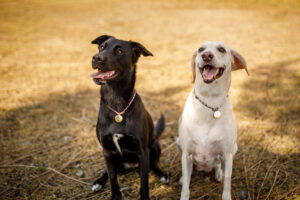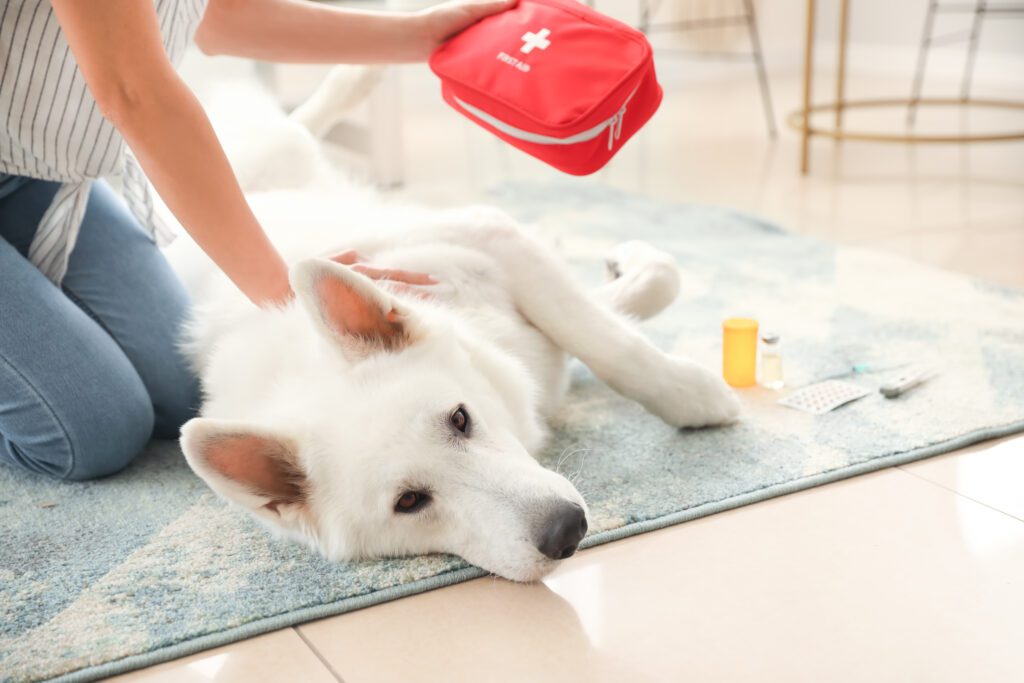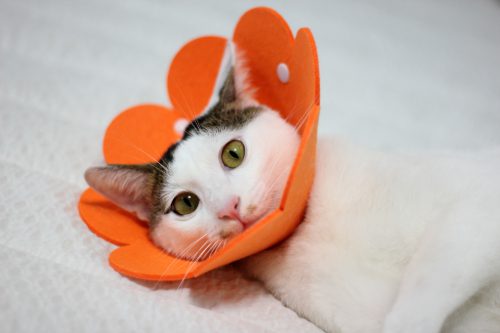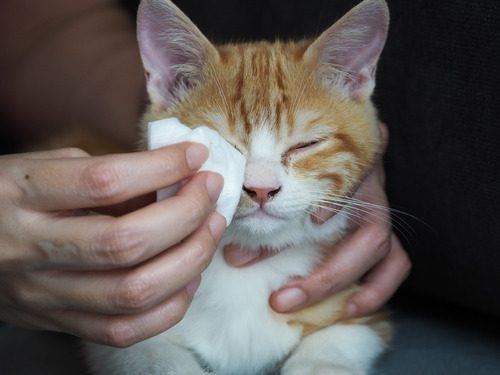Canine heat cycle: Do dogs in heat get cramps?
As an essential part of a dog’s reproductive life, understanding the canine heat cycle is key for any responsible pet owner. However, one frequently asked question is, “Do dogs in heat get cramps?” Today, we’ll delve into this question and offer practical guidance for navigating your pet’s heat cycle.

What is the Canine Heat Cycle?
The canine heat cycle, also known as estrus, is the period when a female dog is receptive to mating. This cycle typically begins when a dog is between six and twelve months old and repeats approximately every six months.
Stages of the Canine Heat Cycle
The canine heat cycle has four stages: Proestrus, Estrus, Diestrus, and Anestrus. The first stage, Proestrus, is when you might notice some blood-tinged discharge and changes in your dog’s behavior. During Estrus, the second stage, the discharge becomes lighter, and your dog is ready to breed. Diestrus is the third stage, and it signals the end of the mating period. Anestrus, the last stage, is a resting period before the next heat cycle begins.
Symptoms of a Dog in Heat
Common symptoms include increased urination, swollen vulva, and behavioral changes. Some dogs also exhibit nesting behavior or may appear more affectionate than usual.
Do Dogs in Heat Get Cramps?
While dogs can’t tell us if they’re experiencing cramps like humans do, some behaviors suggest discomfort during the heat cycle. While it’s not entirely clear if these are akin to human menstrual cramps, they can indicate that your dog is not feeling her best.
Signs Your Dog May Be Experiencing Discomfort
Look for changes in your dog’s behavior. She may appear more lethargic than usual, lose her appetite, or show signs of restlessness. Some dogs may whimper, pant more than usual, or show other signs of distress.
Managing Your Dog’s Discomfort During Her Heat Cycle
Help your dog stay comfortable by offering a quiet, cozy space for her to rest. Regular, gentle exercise can help ease discomfort, and staying hydrated is important. Some pet owners find that a warm blanket or heating pad can provide additional relief.
When to Seek Veterinary Care
Any significant changes in your dog’s behavior or health should prompt a call to your veterinarian. If your dog’s discomfort is severe, or if you notice changes in her discharge, such as a foul smell or a shift in color to yellow or green, it’s time to seek professional help.
Professional Care at Cornerstone Veterinary Hospital of Clifton Park
If you have any concerns about your dog’s heat cycle or her overall health, the experienced team at Cornerstone Veterinary Hospital of Clifton Park is here to help. Please call us at (518) 383-6254 or request an appointment online.
Your dog’s health and comfort are our top priorities. By understanding the canine heat cycle and recognizing signs of discomfort, you can help your furry friend navigate this natural process with ease and confidence.
If you found this blog post informative, consider sharing it with other pet owners in the Clifton Park, NY area. Remember, when it comes to your pet’s health, knowledge is the key to prevention and early detection.
To stay updated on pet care tips and information, follow Cornerstone Veterinary Hospital of Clifton Park on our social media channels and subscribe to our blog. Together, we can create a community of well-informed and proactive pet owners.
Recent Posts
Pet First Aid: Essential Supplies for Your Pet Emergency Kit
Pet First Aid: Essential Supplies for Your Pet Emergency Kit Every pet parent wants to keep their…
Benefits of Spaying or Neutering a Cat
Benefits of Spaying or Neutering a Cat Deciding to spay or neuter your cat is a responsible…
Why Does My Cat Get Eye Boogers Everyday?
Why Does My Cat Get Eye Boogers Everyday? Cats are known for their meticulous grooming habits, but…
About Us
Originally opened as Animal Care Hospital by Dr. Mark Johnston in 1989, the hospital became Cornerstone Veterinary Hospital in 2015 when it was purchased by Drs. Alan and Lisa Knott. The name 'Cornerstone' holds a special place in their hearts, representing not only their Christian faith but also their commitment to being the cornerstone of the community in which they practice. As a family-owned and operated practice, every pet is treated as part of the family, ensuring they receive the highest standard of care. The team at Cornerstone Veterinary Hospital is dedicated to building lasting relationships with clients and their beloved pets, striving to be the cornerstone of the community in which they practice.



